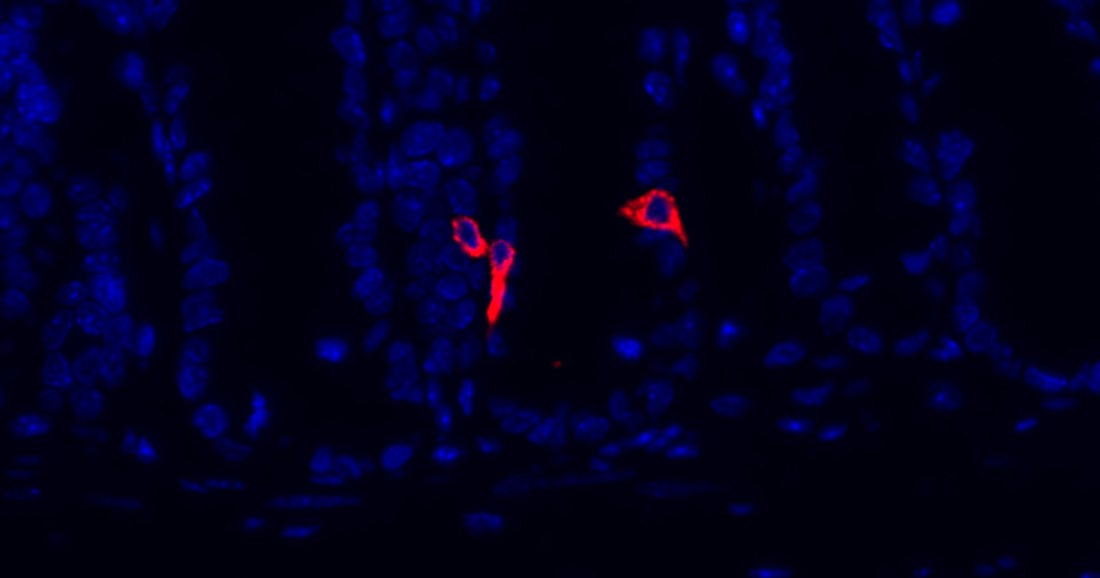
UTSW Study Reveals Gut Hormone Cells' Role in Body Weight Regulation
A groundbreaking study led by UT Southwestern Medical Center reveals the pivotal role of mysterious hormone-secreting cells within the large intestine in regulating body weight through their intricate interplay with intestinal bacteria. Published in Nature Metabolism, the research, spearheaded by Professor Ezra Burstein, M.D., Ph.D., sheds new light on mechanisms governing appetite and body weight control, offering promising avenues for tackling obesity and extreme weight loss disorders. By genetically inhibiting the development of these cells in lab mice, researchers observed a cascade of metabolic changes, including obesity and altered gut microbiota composition, driven by elevated glutamate levels. This unexpected finding underscores the complex relationship between colonic hormone-secreting cells and gut bacteria in modulating appetite, paving the way for future therapeutic strategies aimed at targeting obesity and related metabolic disorders.
UTSW Study Reveals Gut Hormone Cells' Role in Body Weight Regulation
 Enteroendocrine cells (EECs, shown in red) in the lining of the intestines serve many functions. Their role in the large intestine had remained poorly understood until UTSW researchers discovered how they impact regulation of body weight.
Enteroendocrine cells (EECs, shown in red) in the lining of the intestines serve many functions. Their role in the large intestine had remained poorly understood until UTSW researchers discovered how they impact regulation of body weight.
